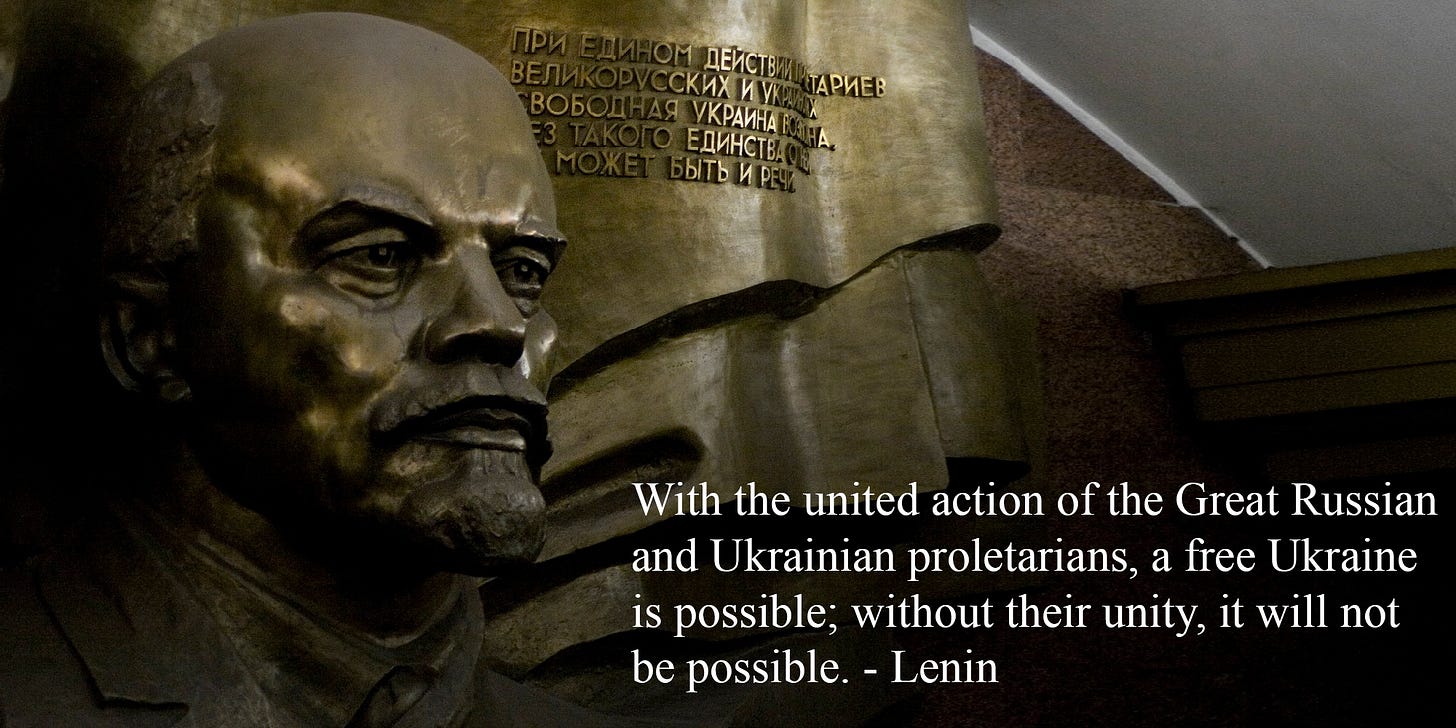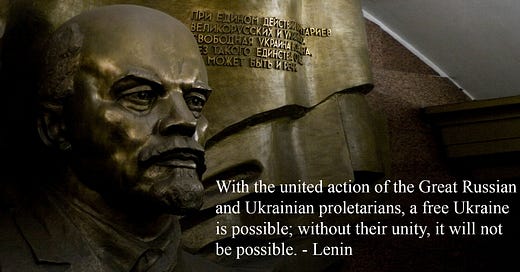What Lenin teaches anti-imperialists about Ukraine
Today's debate over imperialism in the Russo-Ukrainian war directly echoes one of Lenin's most ferocious debates with Karl Kautsky.

I probably should have written this article three months ago, but I honestly didn’t expect the left discourse on the Russo-Ukrainian war to be infected with so much confusion. A socialist understanding of imper…
Keep reading with a 7-day free trial
Subscribe to Carl Beijer to keep reading this post and get 7 days of free access to the full post archives.




